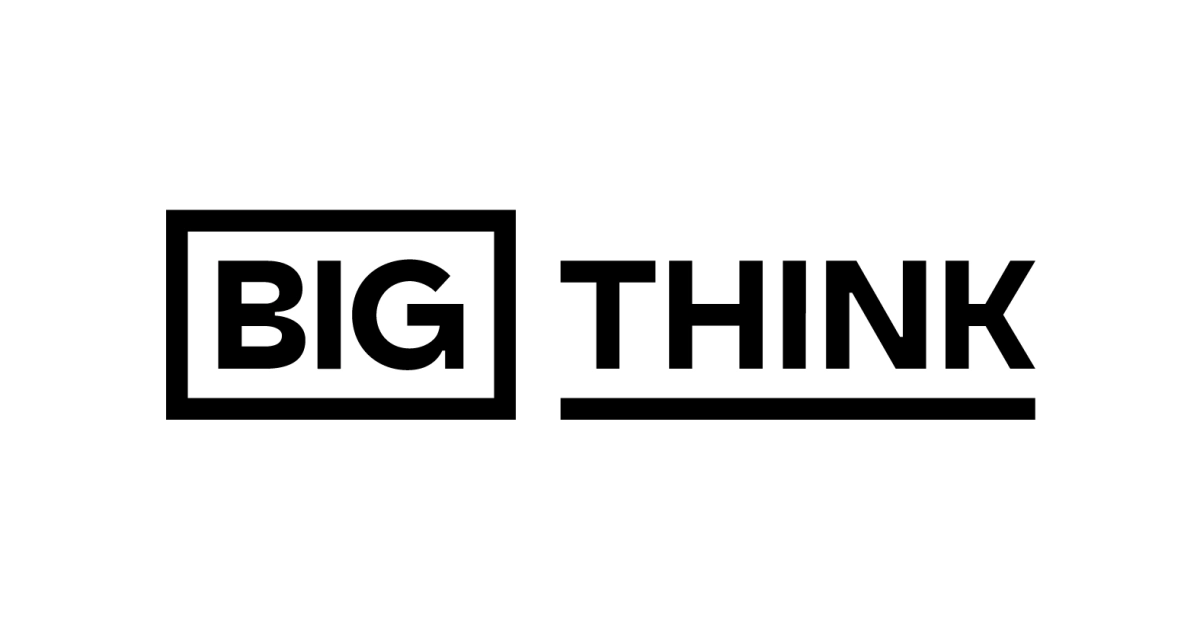
Neurotheology
What is Neurotheology?
Neurotheology, also known as spiritual neuroscience, explores the relationship between neuroscience and religious and spiritual experiences. Emerging in the 1990s, this field seeks to understand how brain processes can explain spiritual and religious experiences, beliefs, and practices, and how these neural dynamics can inform our grasp of spirituality and religion. Neurotheology also investigates the impact of religion and spirituality on our brain, and how our brain structures and functions may predispose us to religious belief. Through techniques such as fMRI and EEG, researchers better understand the neurological underpinnings of spiritual encounters and beliefs, aiming to unravel the mystique surrounding them.
Take a look at the videos below to learn more about neurotheology:
Pioneer neurotheologist Dr. Andrew Newberg delves into the brain mechanics and neuroimaging data of spirituality, offering insights drawn from his work as a physician-neuroscientist.
Dr. Michael Ferguson unravels the neurological underpinnings of spiritual experiences in Mormons, providing surprising insights to believers and skeptics alike.
Watch Dr. Andrew Newberg discuss on The Well the impact of enlightenment and spiritual experiences on your brain.
What are the pathways to pursuing a career in neurotheology?
At present, neurotheology remains primarily in academic research, with few careers specifically labeled neurotheology. But increasingly professionals in theology and religion are drawing on the mind sciences to inform their ministry and work. One can explore the budding intersection of neuroscience and theology in different ways. Some potential career paths include:
Educator in Science and Religion
Educators in the field of science and religion teach at the intersection of neuroscience, theology, and philosophy, helping students navigate the complex relationship between faith and science. They can develop curricula that incorporate the latest research in neurotheology, fostering critical thinking and encouraging a nuanced understanding of how religious beliefs and experiences relate to brain function.
Wellness and Mindfulness Coach
Wellness and mindfulness coaches with expertise in neurotheology integrate spiritual practices with neuroscience to promote mental health, resilience, and overall well-being. They use evidence-based approaches to help individuals develop mindfulness, meditation, and other spiritual practices, enhancing mental clarity, emotional balance, and a sense of connectedness.
Spiritual or Religious Leader Who Utilizes Neuroscience Insights
Spiritual or religious leaders with an interest and background in neurotheology integrate insights from neuroscience into their spiritual guidance and leadership. They employ knowledge of how religious practices and beliefs can be connected to brain activity to enhance the spiritual well-being of their community members.
Academic Researcher
Academic researchers in neurotheology contribute to the scientific understanding of the neural underpinnings of religious and spiritual experiences. Working at the intersection of neuroscience, theology, psychology, and philosophy, they conduct experiments, analyze data, and publish research on topics such as meditation, prayer, mystical experiences, and the neurological basis of religious beliefs and practices.
Education in Neurotheology
Neurotheology is a developing field with nearly no specialized programs currently available. There are currently no undergraduate or Ph.D. degrees specifically titled “neurotheology”. However, students interested in this interdisciplinary area should consider programs in religious studies, philosophy, psychology, or neuroscience that offer coursework or research opportunities related to the neural basis of criminal behavior.
- Undergraduate: At the undergraduate level, students can focus on neuroscience, psychology, religious studies, history of science, or philosophy as preparatory grounds for a future in neurotheology.
- Graduate: At the Graduate Level, students can seek Masters or Doctoral programs in neuroscience, psychology, or religious studies with a focus on the neural substrates of spirituality or related areas.



